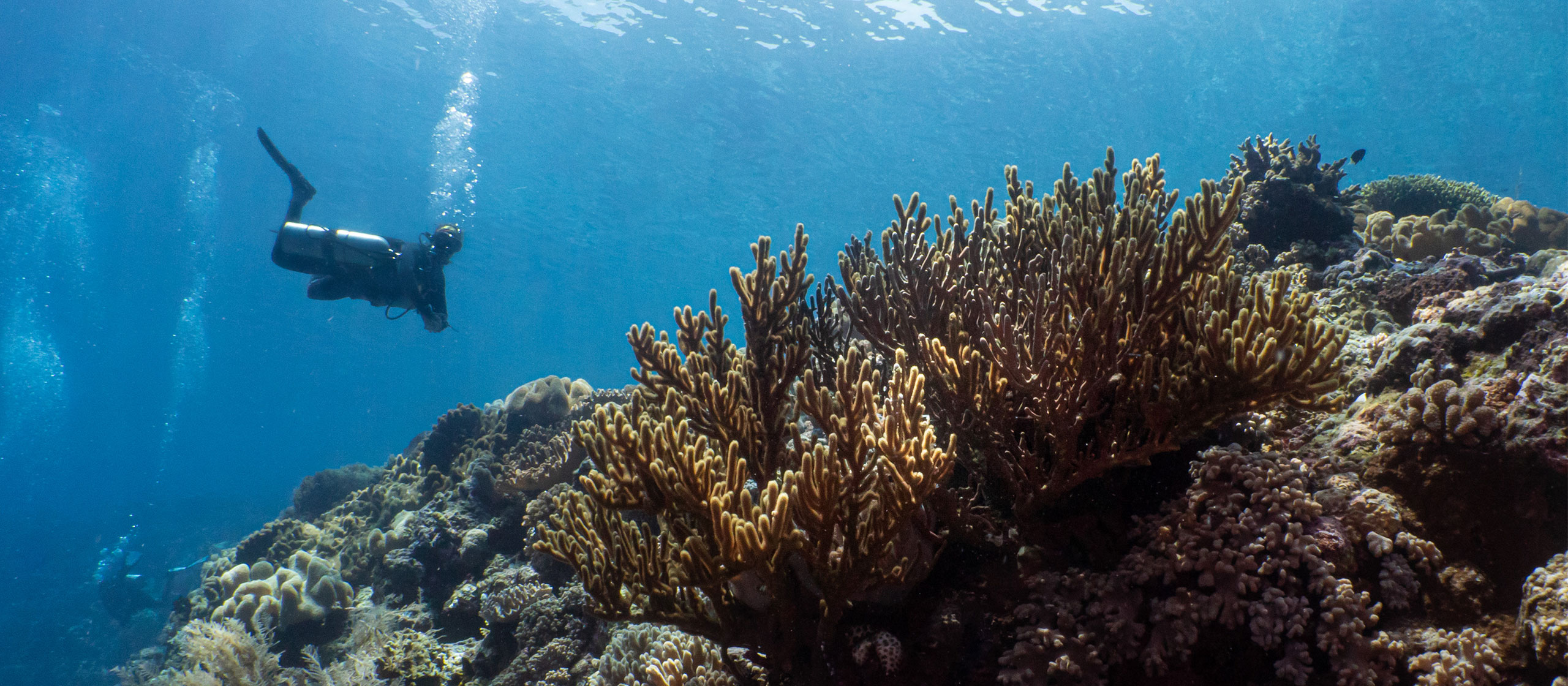Features
How Does DAN Europe Deal With Diver Accidents?
If you are a member of DAN Europe, or perhaps you’re considering becoming one, you might have some questions about what you need to do in the event of a diving accident. We hope you’ll never need us, but if you do, we would like to make it as easy as possible for you to get in touch and to get the help you need fast.
–
DAN has been assisting divers for over forty years, with thousands of cases of satisfied divers receiving top-level care around the world. We are always eager to learn and to improve on our procedures in order to ensure the most seamless experience for our members.
Each DAN organisation applies emergency procedures according to the territory for which it operates. For example, the Standard Operating Procedures implemented by DAN Europe are somewhat different from those applied by DAN Americas. DAN Europe members can consult the specific info page with a Q&A section and a step-by-step guide of what to do in an emergency.
Let’s move on to take a look at some of those steps in more detail.
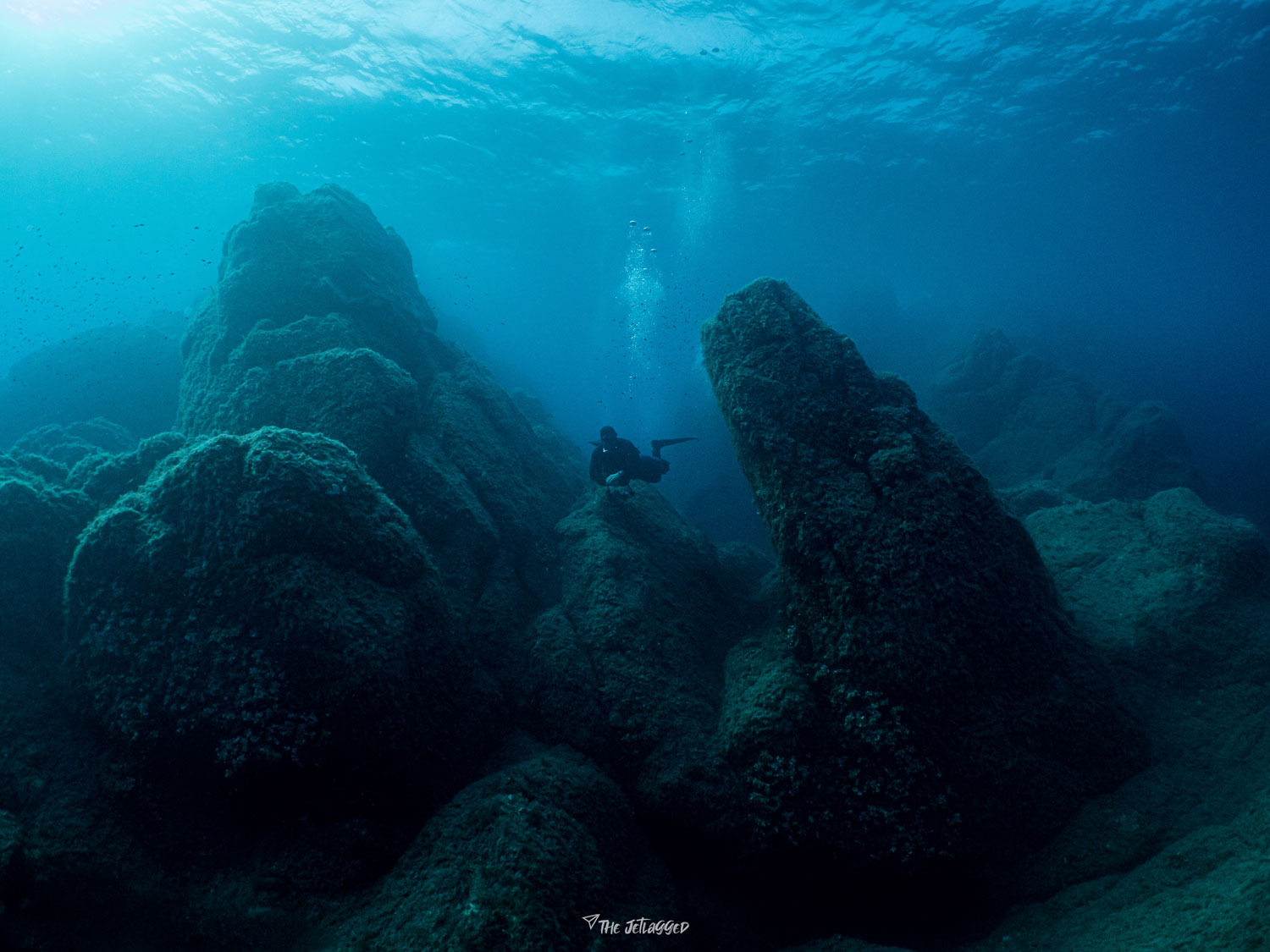
General procedures for a dive emergency
As laid out on the emergency page, in the event of a diving emergency, even in cases of only suspected decompression sickness, do not hesitate to contact the DAN Europe emergency hotline. In case of dangerous or life-threatening situations, call the local emergency service or go to the nearest hospital first.
This can be done in many different ways: Via regular phone call by calling DAN Europe Hotline, through our internet-based phone system, so that if you do not have a local SIM card you can use WiFi to reach the hotline; via email by providing a local number where we can call you back or provide you instructions via email, or by sending your geo-localisation through the SOS button of DAN Europe APP (iOS, Android).
Our trained operators will promptly follow up your assistance request and, if needed, will put you in contact with a Dive Medical Officer (DMO) who speaks your language to provide you with specialised medical opinion. You will then receive further instructions via email. Make sure to have your contacts up to date and check your spam folder!
Marta Marrocco is a senior Case Manager for us here at DAN Europe and she told me: “We pride ourselves on supporting ANY diving medical emergency that reaches our Hotline. Yes, you can call us for emergency specialised medical advice even if you are not a DAN Europe member. Our dedicated team of case managers oversee all of the cases that our hotline receives, to make sure that the diver is correctly and swiftly supported. We coordinate emergencies by referring divers to the most adequate medical structure, by requesting the medical opinion of our specialists, by arranging evacuations and, finally, by gathering the information and documentation needed to evaluate financial support, in order to cover the expenses of insured divers.”
She went on to explain that the multilingual team of DMOs is the real spearhead of the diving accident support process. No other organisation provides a pool of diving and hyperbaric medicine specialists ready to support a diver in need in almost any European language, 24/7.
When the DMOs have established the help needed, the case managers have gathered the necessary information or documentation to evaluate the case, DAN Europe will consider sending a Guarantee of Payment. Which leads me to this important question…
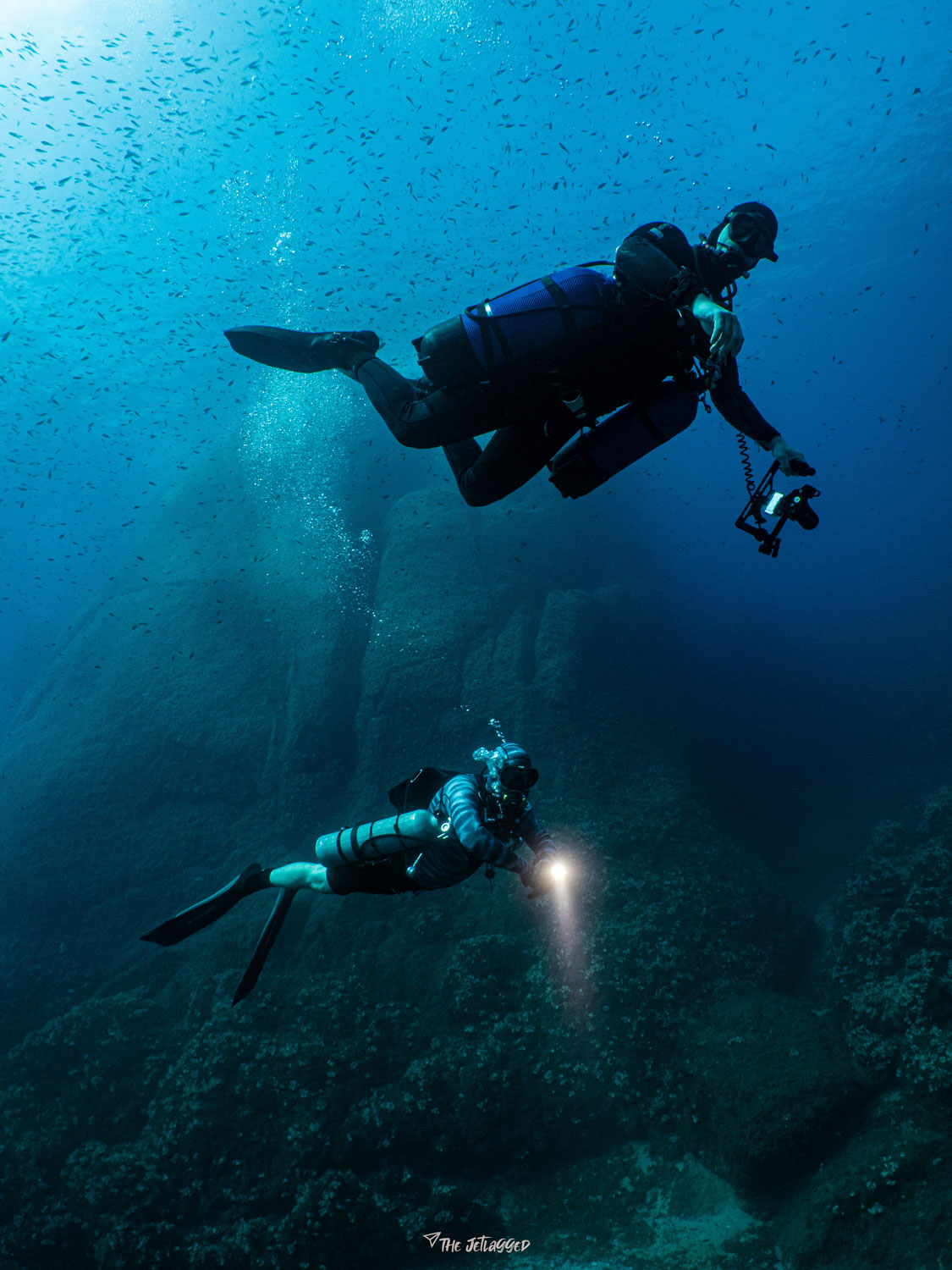
Will you be expected to pay the medical expenses?
For hyperbaric treatment and expensive hospitalisations, if the case falls within the insurance cover the short answer is no. As mentioned above, the DMOs provide a specialist medical opinion and recommend the best way forward to medically help the diver – for example refer him/her to a hyperbaric chamber. Marta told me that once the help needed is established, the team then contacts the diver and the medical structure via email requesting the specific information and documentation that will allow to evaluate whether the accident falls within the cover of the insurance policy. DAN Europe DMOs will discuss the case with the doctor directly and agree on the next steps for treatment. A Guarantee of Payment is a promise to the hospital or medical practitioner that medical fees will be covered by the insurance. This means that you will not need to pay a penny out of your own pocket.
On odd occasions, a diver might decide to cover medical costs themselves without informing DAN Europe beforehand. For example, if the costs are low and they are able to pay quickly and leave with the intention of dealing with the insurance side later. In this case DAN Europe would reimburse the insured diver later on, once all the necessary forms have been filled.
This question is also addressed in the Q&A section of the Emergency Procedures page, if you’d like more information.
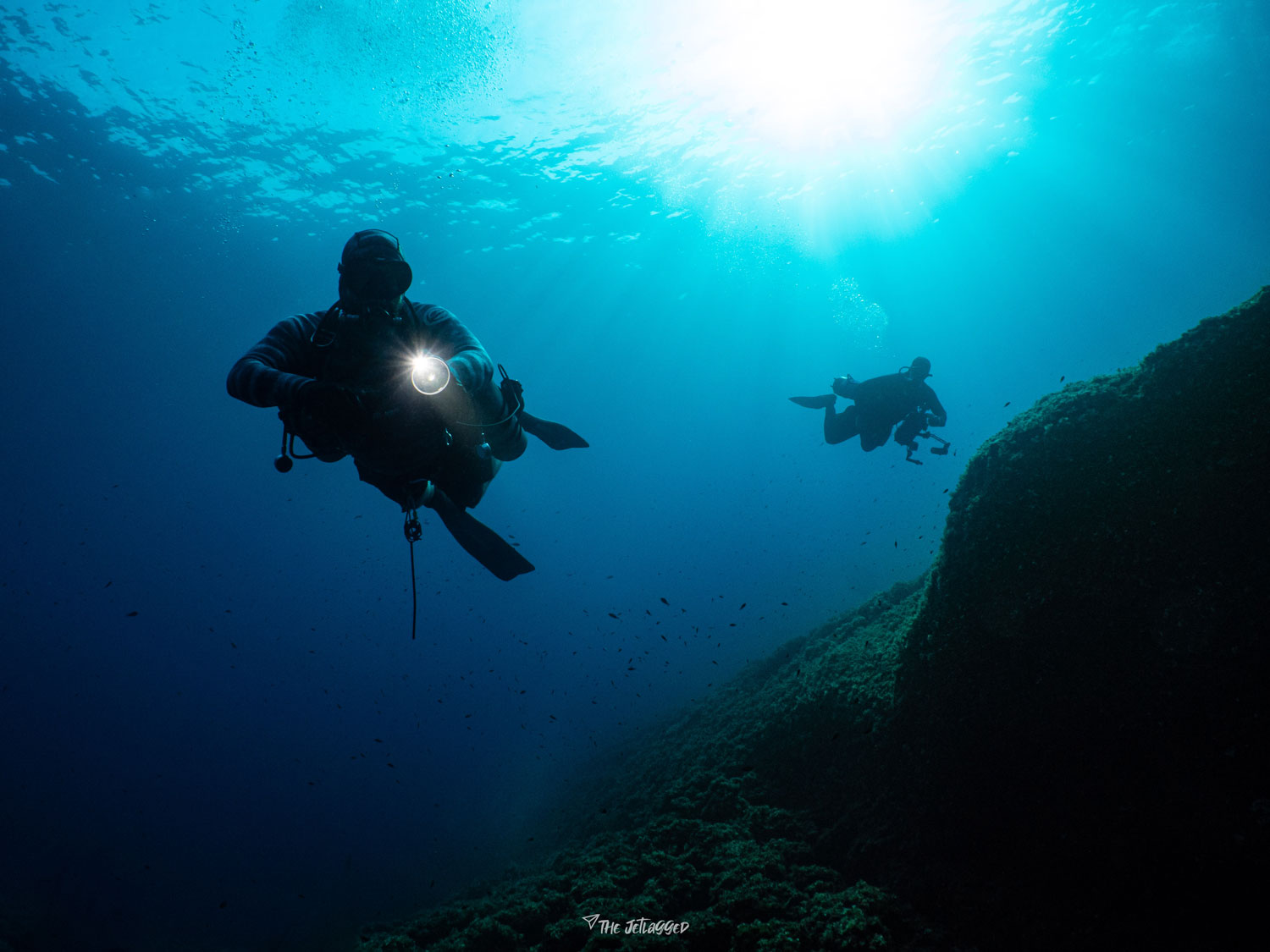
The online accident form
The accident form has a series of questions that helps DAN get a clear picture of the situation. It needs to be filled out by the diver or by a person aware of all the events that lead to the accident, in order for us to apply the most appropriate help.
But if a diver is in need of emergency, time-sensitive care, will help be delayed while forms are filled out?
I asked Marta about this and whether the forms are something that would be needed by DAN Europe before a diver is to receive urgent care, such as Medical Evacuation (MEDEVAC) to a hyperbaric chamber. She said: “This is something we worked on at DAN Europe a few years ago. Have a look at point #3 of the Emergency info page. There you find an online accident form. We will send you that link via email immediately after you call us. It’s an online procedure, quick, simple, and mobile friendly.” Depending on the answers you provide, the form takes you to a different path, which keeps it relevant to your situation and as short as possible. For example, if the issue is an ear barotrauma, you will not be asked to answer questions about the amount of dives or the depths in which you dived, as these questions are not relevant to an ear injury. Whereas these questions would be relevant to a situation involving suspected Decompression Sickness. The questions stay to the point and are designed from a medical point of view to give both the Case Managers and DMOs a quick and clear summary of the problem, in order to help you as efficiently as possible.
Marta also made it clear that if the diver is in need of time-sensitive emergency help from DAN Europe, help would not be postponed while the DAN team waited for this form to be completed: “Of course we would ask for the accident form to be completed, but we would definitely not wait for the form in order to evacuate the diver. The evacuation comes first, and the forms can be completed at a later stage, and by another person if necessary”.
The online accident form allows to assess your symptoms, and help get you appropriate assistance, as well as cover the costs for that help.
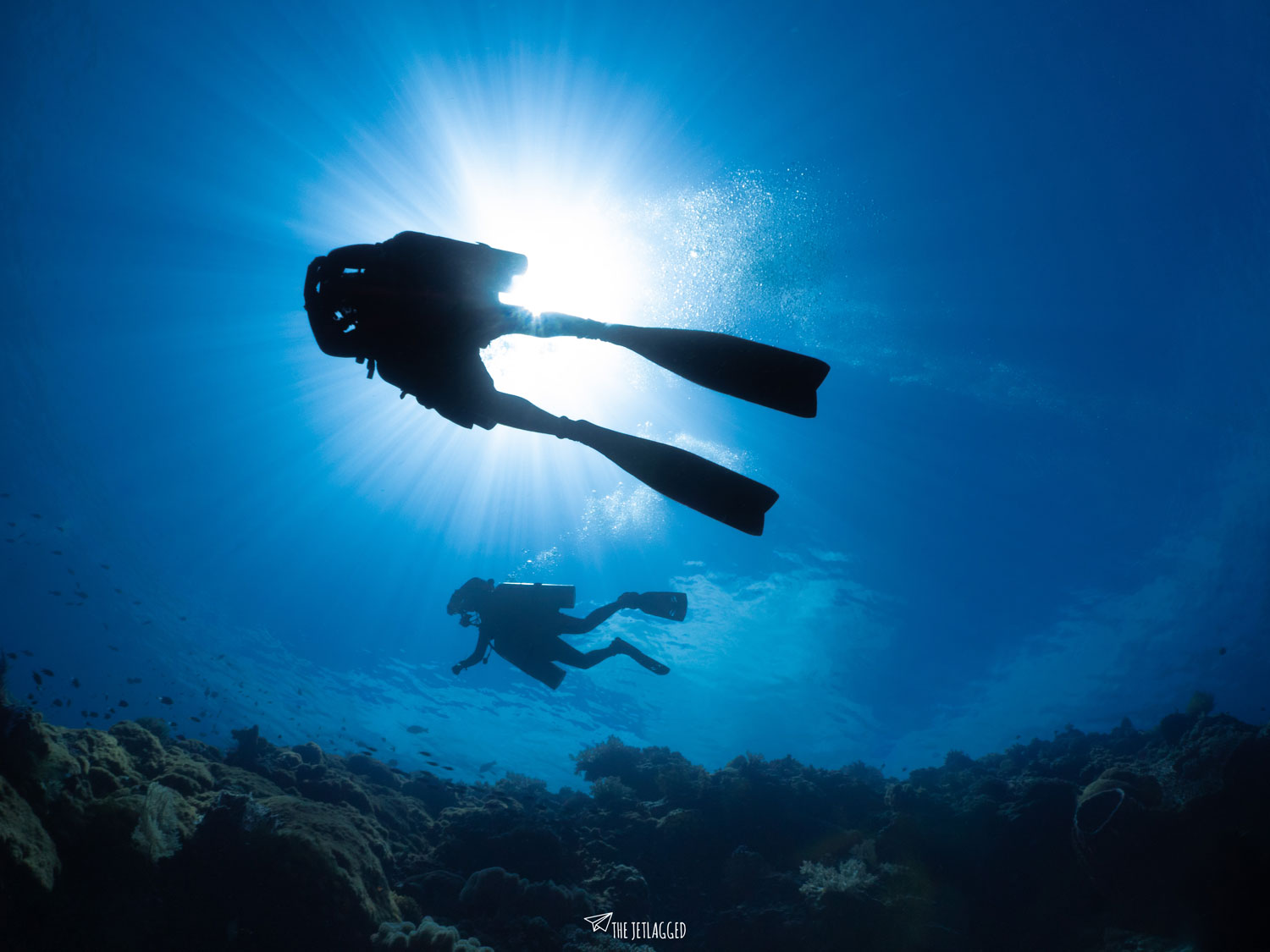
The importance of handling emergencies quickly, and robustly
We understand that having a medical emergency, especially abroad, can be stressful and even quite scary. This is why we are committed to doing all the hard work for you if you ever experience a diving accident.
We spoke to Krasimira Gancheva (Amira), who was heading to Koh Phi Phi, Thailand for some New Year’s celebrations and diving adventures. On the third day of her four-day trip, she experienced some worrying symptoms following a dive: “I was feeling unusual dizziness, extreme discomfort breathing, numbness in both arms and legs around the ankles, and vomiting”. Amira was taken to the nearest clinic where the doctor suspected she was experiencing Decompression Sickness. Amira called DAN straight away and told us the process was very fast: “I used the SOS button and internet call option in the DAN Europe App. The call was answered right away and immediately a DAN doctor was assisting and discussing the treatment with the Thai doctor”. She explained the next steps that were taken: “As I was in a small island clinic, the DAN doctor insisted that I be put on 100% oxygen and iv fluids right away, and that I should be transferred to the mainland, to a large hospital via speedboat as soon as possible to be treated in a hyperbaric chamber”.
Amira told us that the medical centre requested payment upfront, before any medical care was given. She said that DAN took care of this quickly to ensure that she got the time-sensitive help she needed: “The DAN team assured the clinic that they will cover the medical expenses, and within two hours a speed boat arrived for the transfer. As soon as I arrived at the marina, an ambulance took me to the best possible hospital”. It was there that Amira was diagnosed with Decompression Sickness type 2, and was immediately put into the hyperbaric chamber for nearly six hours. Meanwhile, DAN were in contact with the hospital, as well as emailing Amira to ensure all was going well with the treatment.
Amira told us that this experience was unexpected as she always stays within diving limits: “It was my first diving-related accident. It was totally not expected, and a bit scary!”. But the assistance she received from DAN really eased her mind: “DAN was not just fast, the reaction was immediate. The care was above excellent”. She continued: “I don’t think there is a better organisation to be insured with. I advise all my fellow divers to get a DAN membership because it makes all the difference. Once you experience it first hand, you see the difference.”
It is situations like Amira’s that inspire us to keep reaching for excellence for our members. Years of experience means that we are able to provide top-level care to our clients, and we strive to do so with every case. We have made the process as clear and simple as possible to make life easier for you, and to get you the help you need quickly. Check out our emergency procedures page for more information.
About the author
Charly is a writer who’s originally from the UK but has been based in Dahab, Egypt for the past four years. She taught scuba diving for three years in Cyprus, Thailand, and Egypt before discovering her love of freediving. She still scuba dives for fun but these days she’s more focused on her freediving training. When she’s not in the water, diving, she’s on her laptop, writing about diving.

